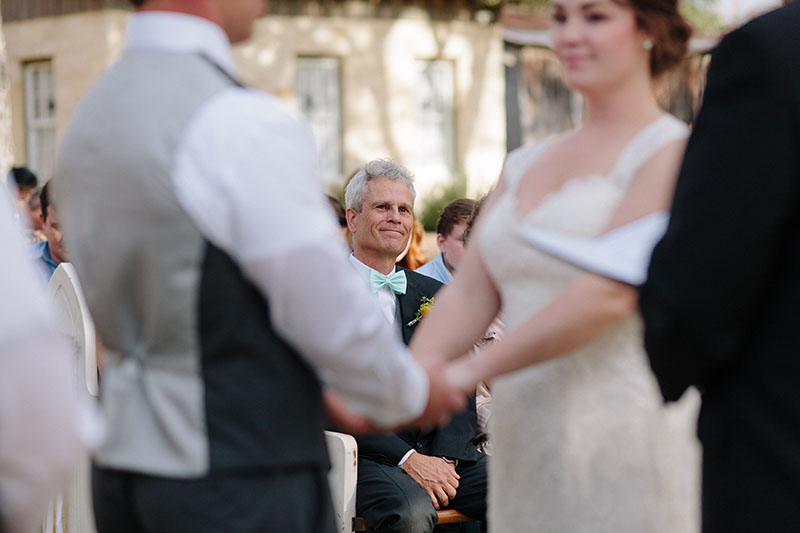
Nov 6, 2024–Whether you embrace or avoid weddings, the celebration itself is a panorama of the human condition. Every stage of a person’s life is acted out in the drama on the matrimonial stage. At a recent betrothal, I was able to sort the life passages into five distinct stages.
1) The Kids
The most rambunctious revelers are always the kids. Every ambulatory child, when presented with a wide-open dance floor unimpeded by furniture and walls, goes berserk.
They immediately and untiringly fling themselves across the room and back, running, skipping, twirling, sliding, and chasing each other in a game known only to them and ending only upon the serving of cake.
The children exist in their own world. They not only ignore the adults who are tamping down their antics, but actively resent their presence. When the pastor stood to bless the food, our 5-year-old grand exclaimed, “Not more talking!” and slammed his head down on the table.
2) Teens
The next stage is the teenagers, a period of life that did not exist until 100 years ago. Prior to the 1920s, people went from being kids to being adults. In our present era, teenager-dom lasts well into the mid-20s, ending only upon release from parents’ medical plans. At a wedding, you will find them huddled off to one side, noses buried in phones, eyes rolling in heads, and sighs flying in space.
3) The Couples
The bride and groom are the central players in this timeless passion reenacted and celebrated since mankind began formalizing a couple’s bonding. Whether marked by a proto-man dragging his spouse by the hair to his lair, jumping a broom on the Oregon Trail, or reciting endless self-written vows at a hipster ceremony on the Appalachian Trail.
Fleshing out this quintile are friends, peers, and coworkers of the wedding couple. These are the most invested participants, as they are either recently or soon-to-be wed, thus obligated to show up in each other’s ceremonies.
4) The In-Laws
The kindly aunts and uncles, parents, older cousins, mentors, and random Non-Player Characters that fill roles as aunts, uncles, teachers, mentors, neighbors, or friendly baristas. They bear the brunt of responsibility for the event, reserving the hall, paying the caterers, setting up and taking down chairs and tables, and making sure not to lose the cleaning deposit.
5) The Elders
Finally, there are the elders of the tribe. These are the revered octogenarians, and any relative with “great” or “grand” in front of their child-given name. In contrast to the kids, they are less ambulatory, needing the help of walkers, canes, and wheelchairs, where they perch and reign over the proceedings with all the gravitas they richly deserve. (An older friend told me that as you get older and attend any event, you always look for a place to sit.) During the evening, all the youngers file past and pay homage, while the wedding couple appreciates their anointment for blessing their vows with their presence.
I have passed through most of these stages. I now understand the enigmatic expression on the old folks’ faces that I noted as a lad. Yes, they are happy to be included, but there is also the hint of sadness behind the smile. As if their memories of being at the altar were tempered by the knowledge of the trials that came after.
A wedding ceremony is a human pageant, with all the stages of life placed on display in a three-hour ceremony, complete with prayers, protocol, pageantry, champagne and macaroons. You realize too quickly how people pass from being kids heedlessly flinging their bodies across the floor, to fragile elders measuring the distance back to their cars.
But there is comfort there, too. As you age, young-uns, you will realize that every stage serves its purpose. And one day it will be OK to just sit, and let everyone come to you.
XXX
Phil Houseal is an elder and owner of Full House PR. Contact him at phil@fullhouseproductions.net, www.FullHousePR.com.